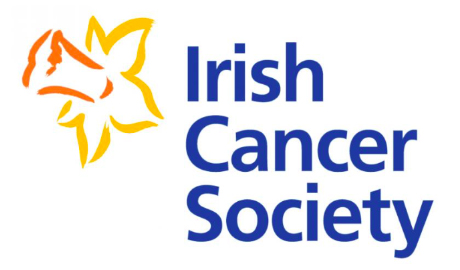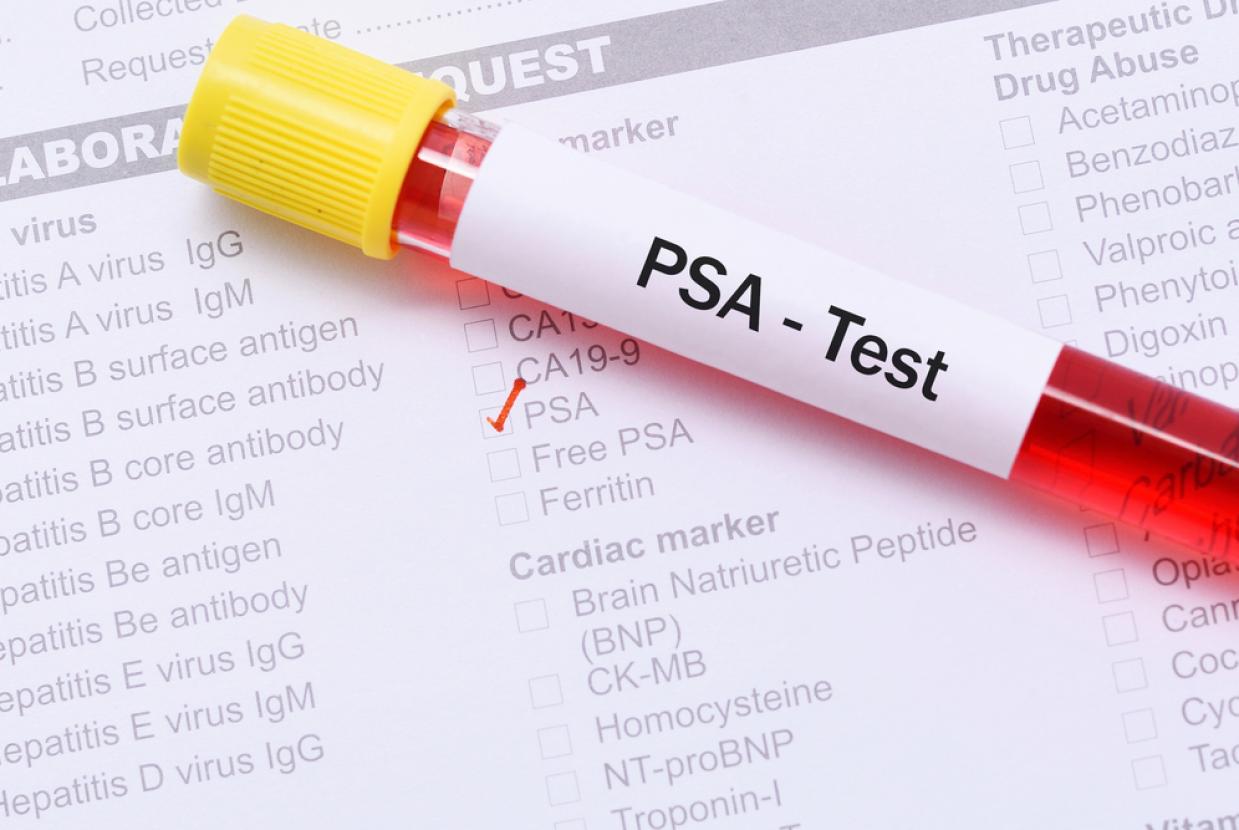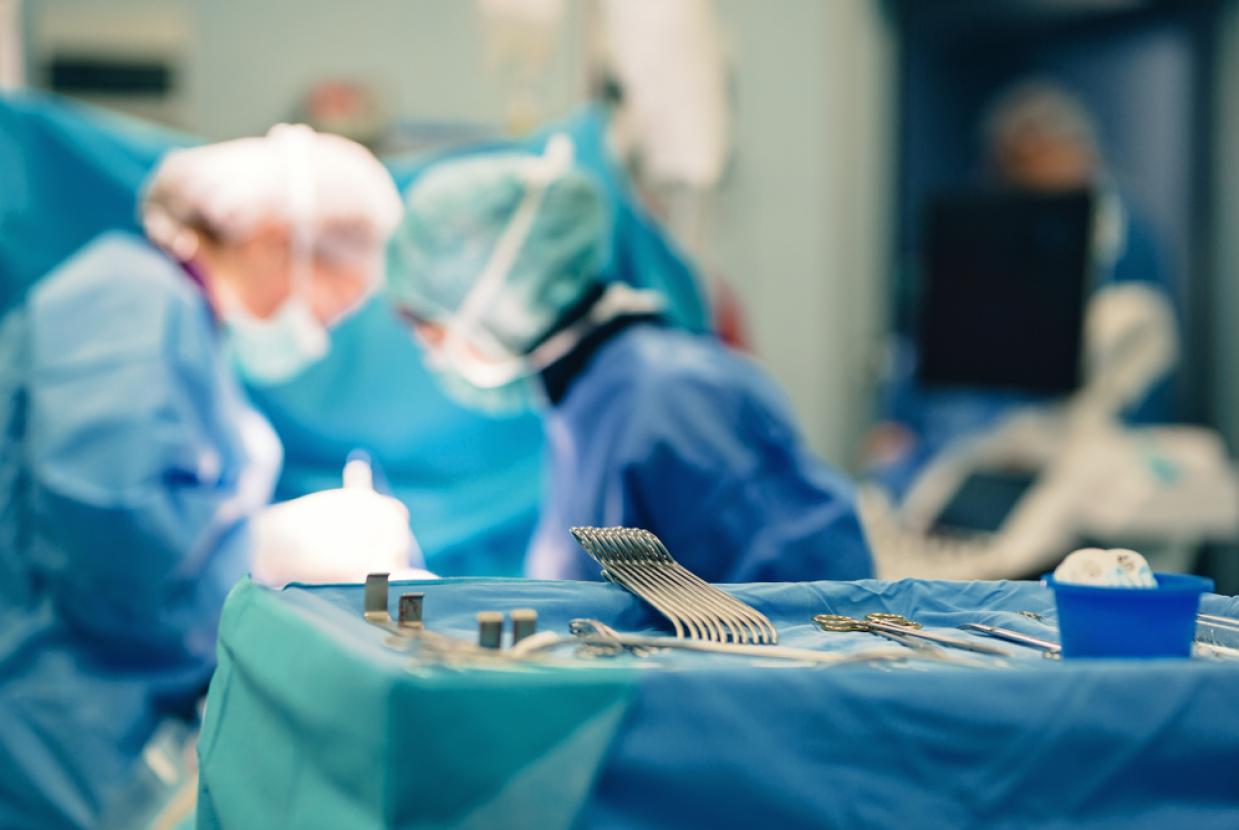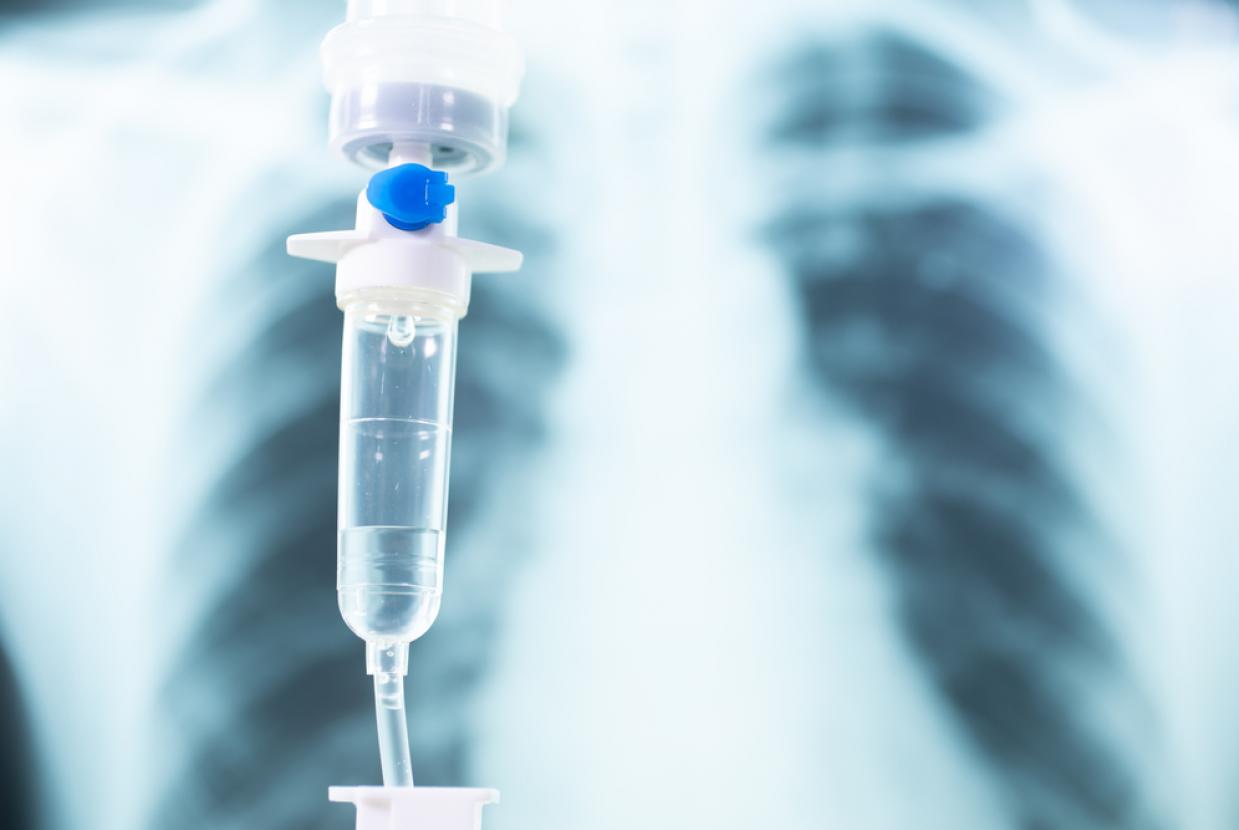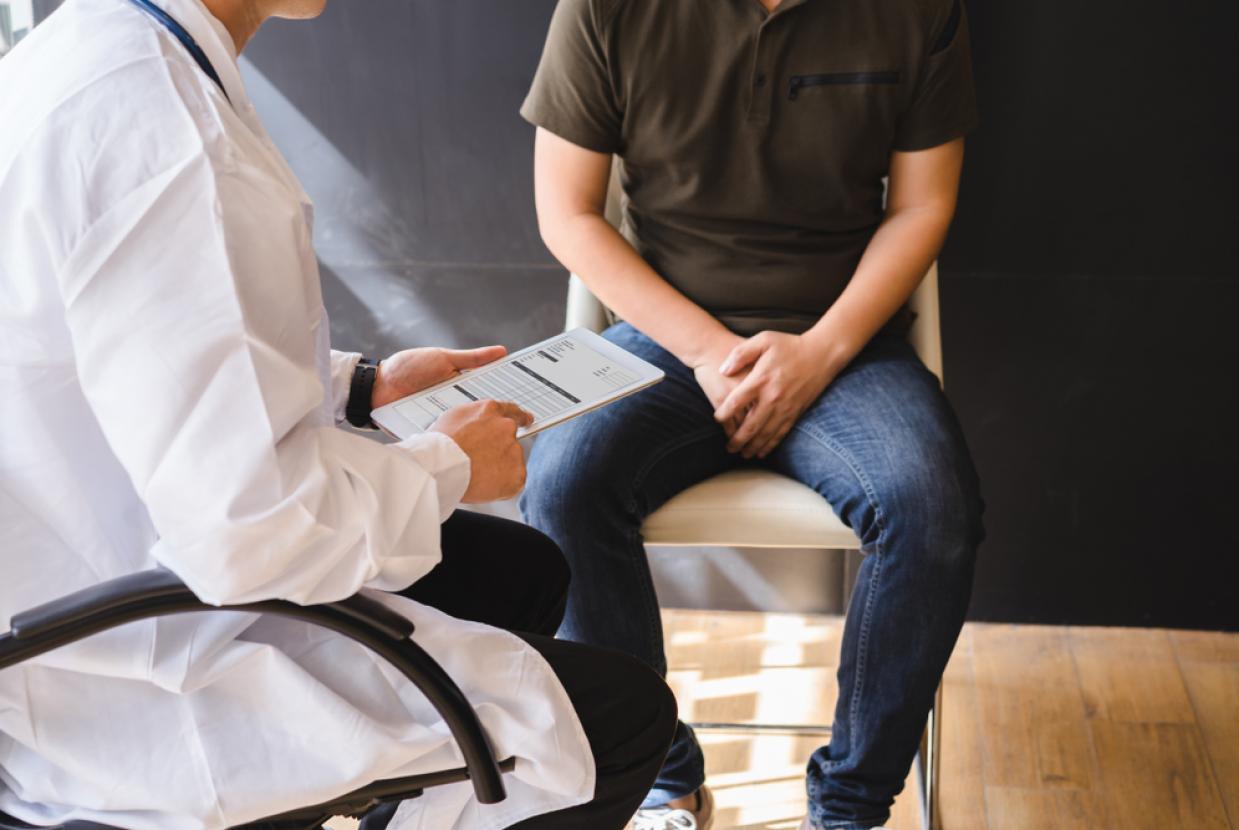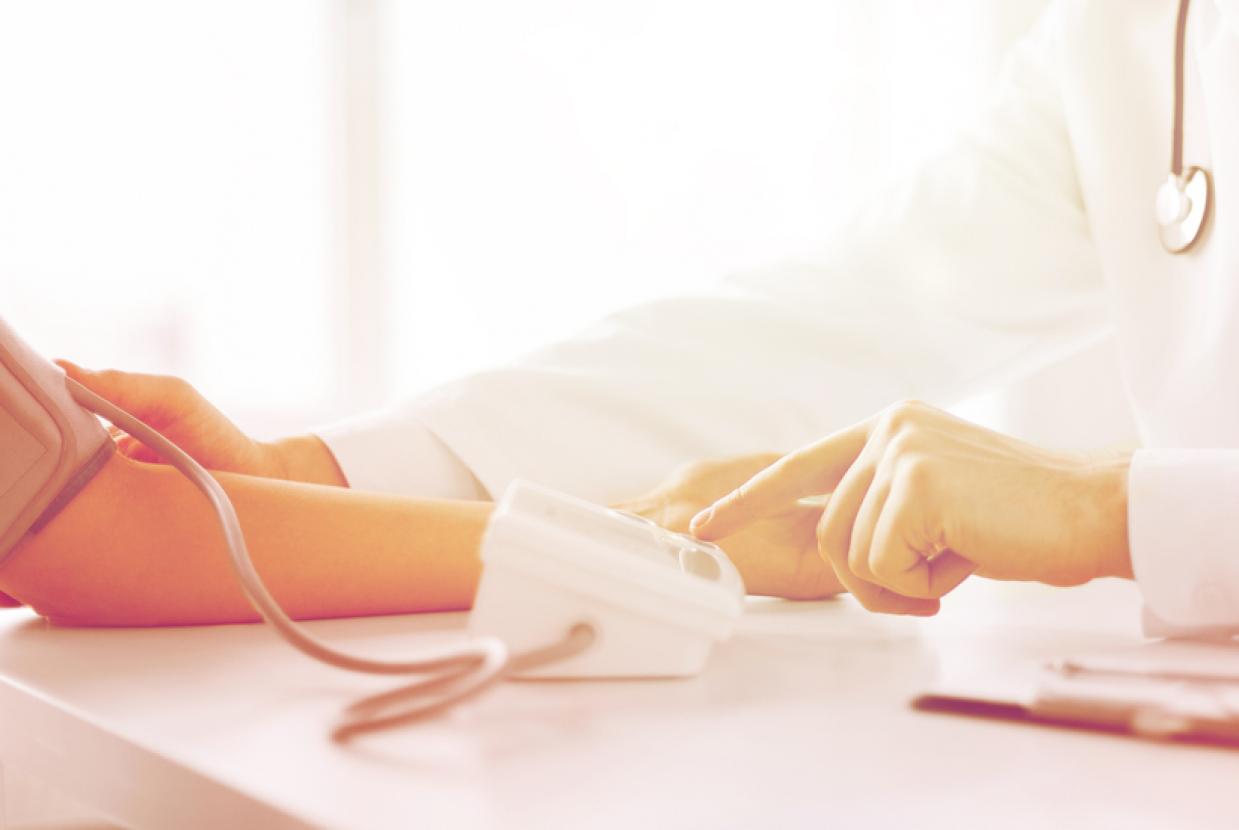Understanding Testicular Cancer
Testicular cancer affects about 170 men in Ireland each year.
Testicular cancer is treated with surgery, and sometimes chemotherapy or radiotherapy.
Testicular cancer is when the normal cells in your testicle grow in an abnormal way to form a mass of cells called a tumour. The testicles are two small, egg-shaped organs which hang below your penis in a pouch of skin called the scrotum. The testicles make sperm and also the hormone testosterone, which is responsible for male qualities like a deep voice, facial hair and strong muscles. Testosterone also controls your sex drive and erections.
What increases my risk of testicular cancer?
Undescended testicle
- Testicular cancer is more common in men who were born with a testicle that did not come down into the scrotum when they were born.
Previous history of testicular cancer
- Having had testicular cancer before slightly increases your risk.
Family history
- If your brother or father had the disease the risk is higher.
Fertility problems
- If you have fertility problems the risk is slightly increased.
Ethnic group
- White (Caucasian) men have a higher chance of getting the disease than Afro-Caribbean or Asian men.
Risk factors increase your chance of getting testicular cancer. Having a risk factor doesn’t mean you will get testicular cancer. Sometimes people with no risk factors may get the disease.
How can I reduce my risk of testicular cancer?
Check yourself: You are more likely to survive cancer if you spot it at an early stage. Learn what feels normal for you and check your testicles every month. Visit your doctor if you notice anything unusual. For example, pain, a swelling, lump or anything that feels different.
What are the symptoms of testicular cancer?
- A painless lump or swelling in a testicle
- Pain, discomfort or heaviness in your testicle or scrotum
- Pain or a dull ache in your groin or tummy.
Less common symptoms:
- A dull ache in your back
- Breast tenderness
- Stomach ache
- Shortness of breath
- A painless lump in the side of your neck.
Always get any change that is unusual for you checked by a doctor. Even if you have pain or swelling after an injury, for example after playing a direct contact sport, it is still a good idea to get it checked out. These symptoms can be caused by other things, but always get them checked out.
What should I do if I have any symptoms?
If you have any symptoms or changes in your body that you are worried about, it’s important to have them checked by your GP (family doctor). The chances are it will not be cancer. Getting your symptoms checked is not wasting anyone’s time. The sooner cancer is spotted, the more likely you are to recover from it.
How is testicular cancer diagnosed?
If your doctor thinks your symptoms need to be investigated, you will have more tests. Tests that can help to diagnose testicular cancer include:
Ultrasound scan of your testicles: A scan using sound waves that looks at the tissues in your scrotum. It can show if there is a lump in your testicle.
Blood tests: Blood tests can spot ‘tumour markers’ - chemicals that are released by some testicular cancers into the bloodstream.
Removing the testicle (orchidectomy): The only way your doctor can tell if the lump or swelling is cancer is by removing the testicle so that the cells can be examined under a microscope.
How can I check myself?
- The best time to examine yourself is after a warm bath or shower when the skin of your scrotum is relaxed.
- Hold your scrotum in your hands
- Use the fingers and thumbs of both hands to examine your testicles
- Gently feel each testicle, one at a time, for any change in size or weight
- It is common for one testicle to be slightly larger or hang lower than the other
- The testicle itself should be smooth, with no lumps or swellings
- It is normal to feel a soft tube at the top and back of the testicle. This is the sperm collecting tube (epididymis).
Can I be screened for testicular cancer?
Testing for testicular cancer when you have no symptoms is called screening. There is no testicular cancer screening programme in Ireland at present. If you are worried or feel you may be at risk, talk to your GP.
Understanding Testicular Cancer guide
This booklet has been written to help you understand more about testicular cancer. It has been prepared and checked by surgeons, cancer doctors, nurses, radiation therapists and patients. The information in this booklet is an agreed view on this cancer, its diagnosis and treatment and how it may affect you. Click here to download the booklet.



